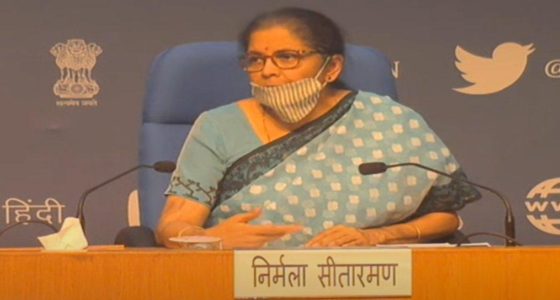By Varun Singh
The COVID-19 pandemic has fundamentally adjusted buyers’ conduct and inclinations. While a portion of these changes will be passing in nature, others will be super durable. In residential real estate, there is still a lot of vulnerability around ‘what long-lasting changes we are probably going to observe’. With a huge number of powers at play and the pandemic catalyzing the speed of change, it becomes vital to see how homebuyer preferences have changed (or not) throughout the last couple of months.
R.C. Gupta, Vice President, CREDAI NCR says, “The meaning of a ‘great location’ has shifted over during the pandemic. Prior, network to office centers and schools were the essential concern focuses. This has now changed with equivalent or significantly more prominent consideration being given to features, for example, proximity to healthcare and nearness to open spaces like parks, gardens and green regions.”
There is a proceeded fondness towards bigger and spacious housings. Moreover, planned purchasers are putting more prominent emphasis on the format of houses incorporating the presence of galleries and an extra little space for work/online classes.
In the pre-pandemic era, in domestic real estate demand consisted more for 2BHK segments and like. But now, as the trends are shifting families are looking for more spacious units preferably 5BHKs.
A number of builders are responding to this shift and are constructing to meet the need. They are trying to come up with this luxury segment in affordable ranges. Some popular projects include ‘RPS Auria’ by The RPS group in Faridabad which is a premium housing solution incorporating 3.5 and 5BHK’s units as well. The project is located in one of the prime locations of Faridabad with basic necessities like educational institutions and medical facilities in close proximity. Other is Ganga Dham Tower in Ganga Dham, Pune by The Goel Ganga Group. This project too takes up customers’ preference of spacious segments and hosts units from 3-5.5BHK with a host of other amenities.
The main high point of 2021 for the Indian private housing market was that the business didn’t halt in spite of the second rush of the pandemic. This shows that the precarious expectation to absorb information incited in the course of the last two pandemic years has prompted unrivaled strategic policies – and an in general more grounded real estate market.”
According to Siddharth Maurya, Resource Specialist, Real-Estate and Fund Management, “In 2021, we saw a bull run in land stocks as well as in the more extensive market. More than adequate liquidity designated the financial exchanges on the rear of satisfactory ROI assumptions. The appearance of the Omicron strain towards the finish of 2021 has eased back this development somewhat; be that as it may, mid-to-long haul possibilities remain profoundly sure as COVID-19 has been gotten control over generally in India, and most organizations are in the groove again.”
Also Read: Myth vs Reality: Is affordable housing really affordable now?









